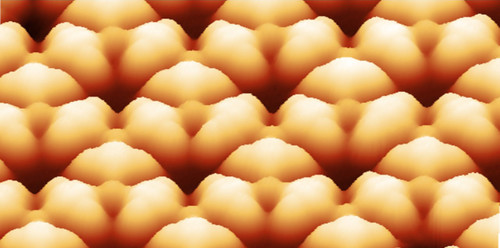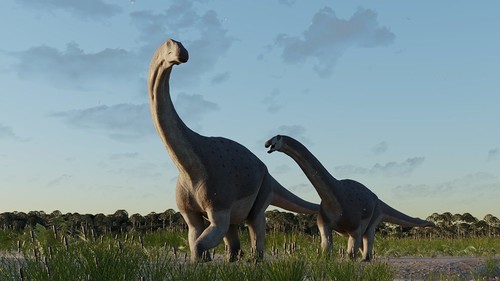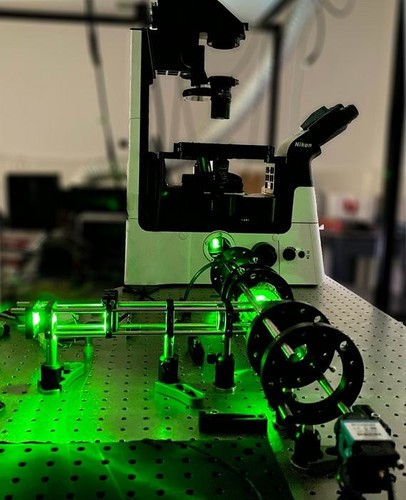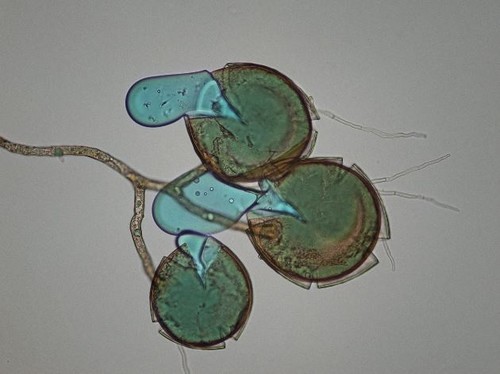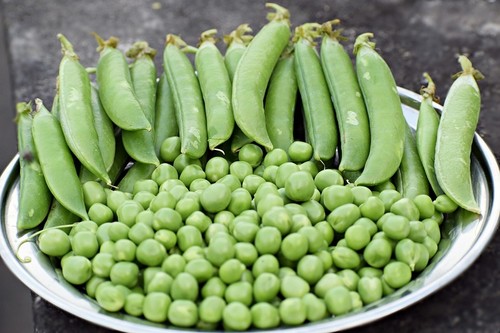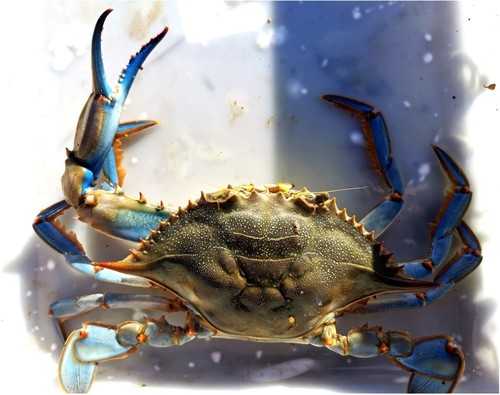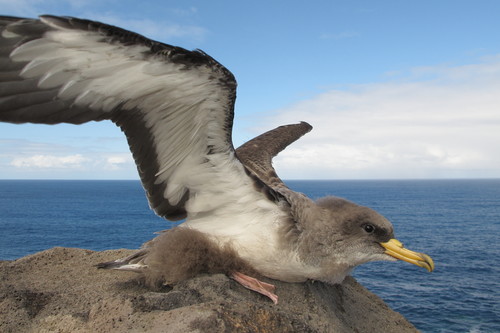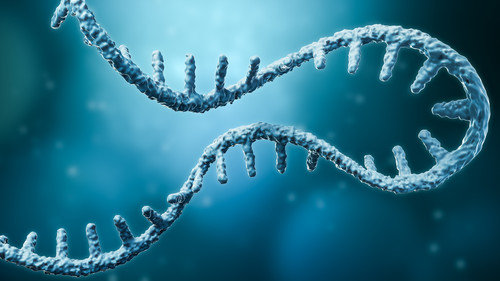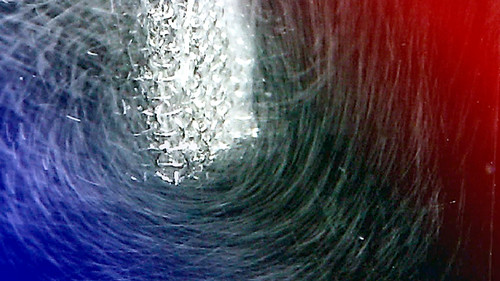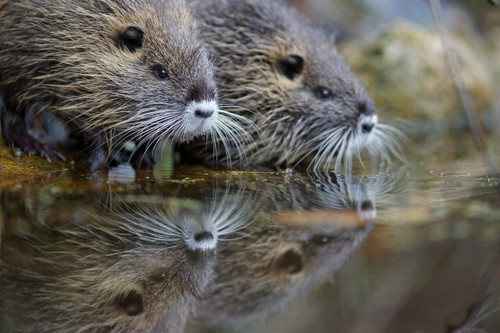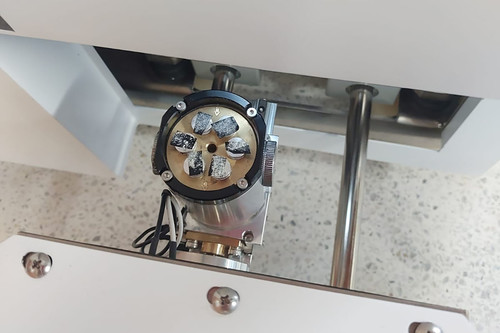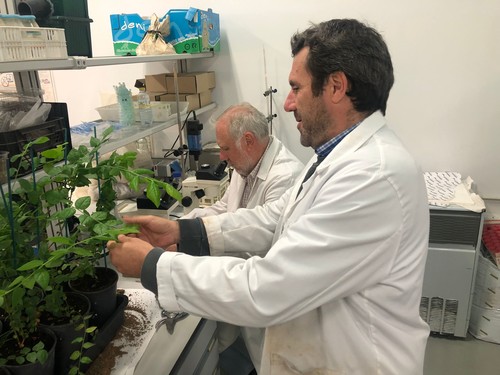Científicos españoles crean el imán duro más fino del mundo
|
LUn equipo internacional de investigadores liderado por el Instituto de Nanociencia y Materiales de Aragón (INMA-CSIC-UNIZAR), instituto mixto del Consejo Superior de Investigaciones Científicas (CSIC) y la Universidad de Zaragoza (UNIZAR), ha creado un imán duro de espesor atómico por primera vez a nivel mundial. Se trata del imán más fino que existe y que podrá existir nunca, con una dirección magnética definida, de temperatura relativamente alta y muy difícil de desmagnetizar. Tras siete años de estudio, este hallazgo representa un claro avance en los campos de investigación transversales del magnetismo y la ciencia de superficies, dado que se trata de un objetivo con más de dos décadas de búsqueda por parte de distintos equipos de científicos de todo el mundo. Los resultados se publican en la revista Nature Communications. |
